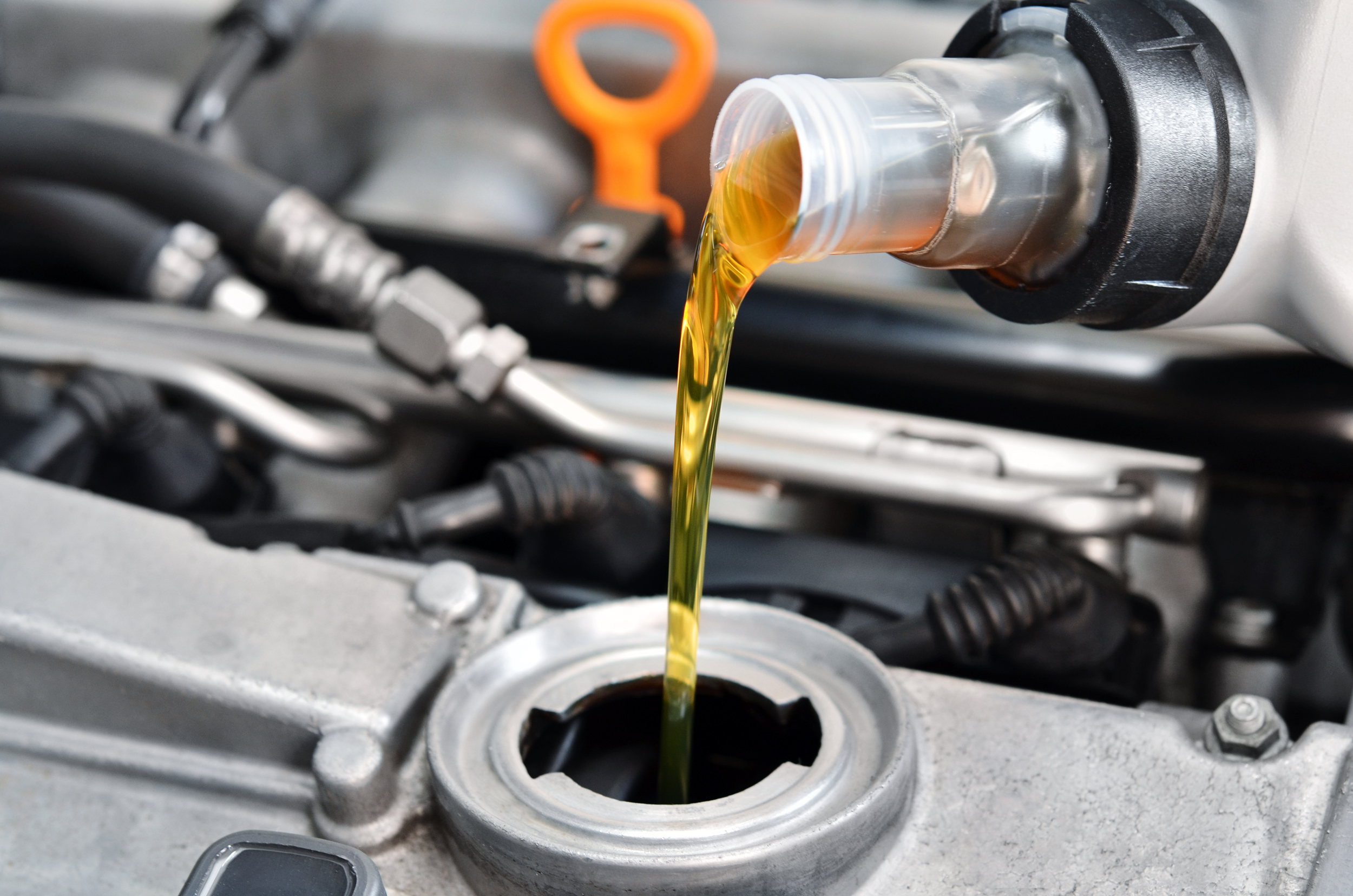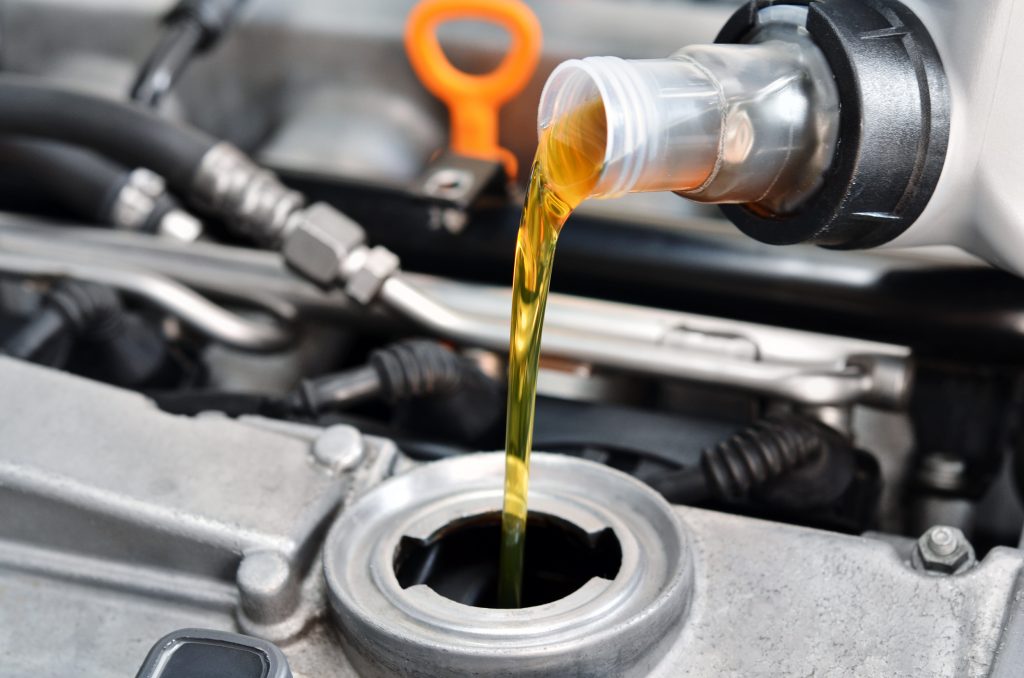How does oil affect a car's performance?

Since the invention of the Automobile one thing that has been constant is the use of lubricating oil.
It is one of the most important parts of the car and the lifeblood of an engine, and as such, it cannot work without it. However, whether you are on a racetrack or on the M4, one of the most overlooked facts is that using the correct engine oil truly affects the performance of your car.

Within the arteries of an engine you will find the oil which has to perform in this hugely hostile environment where massive shear forces, heat, dirt, plus other contaminants & water are found. Arguably the oil is the most important component ever added to a vehicle. It does not perform a single function but multiple tasks simultaneously, seamlessly and carries this out literally millions of times before it requires to be changed.
The correct engine lubricant …
1. Prevents premature wear of engine components.
2. Grabs onto microscopic debris like carbon, soot and engine particles that get deposited by the engine, holds them in suspension which keeps them from harming the system.
3. Crucially cools the engine by transferring and dissipating heat from the working parts and stops them overheating.
4. Reduces friction.
5. Keeps moving parts separated.
6. Neutralises acidic compounds.
7. Prevents rust formation on parts.
8. Holds water in suspension to prevent corrosion.
The Oils Journey…
Modern engine oil has incredible engineering formulated within it that creates the performance. Oil begins its journey in the engine’s sump (or reservoir of oil), from here it gets pumped around the engine. The oil pump sucks up the oil from the sump via a pickup tube, pressurises it and sends it through the engine via a network of arteries (oilways).
The oil travels through the oil filter, which removes microscopic particles and supplies cleaned oil to the rest of the critical engine parts, the bearings, supporting the crankshaft with a continuous film of oil. The pistons are cooled down and kept clean by the oil’s detergent action, and the valve train is protected by the oil’s anti-wear system. This is where the oil experiences the most stress. These fast-moving components must always be kept lubricated to prevent friction, wear, and tear. The engine oil is the only thing preventing metal to metal contact.
The oil completes its journey by returning to the sump via oil return channels. This whole journey can take as little as 5 seconds!
So how does oil affect a car’s performance? According to 5th Gear research – half the cars on the road do not have enough oil in them and furthermore up to 70% of all vehicle breakdowns could be linked to having the wrong oil or not enough oil in them.
As your oil is used and gets older and the technology within is in effect ‘used up,’ this will affect the engine oil performance and the engine itself. The older the oil, the less effective it will be as a lubricant and this can lead to actual damage within the engine if it is not changed on time or when depleted of its performance package.
If you look at oil samples taken immediately after an oil change and oil taken from a car that has travelled 10,000 miles you will see the difference in colour straight away. It is darker rather than golden and clear. In addition, the oil’s viscosity decreases as it ages, and it becomes less effective as a boundary film lubricant. The oils colour change is primarily due to the oxidation within the engine and the small minute particles generated from wear within the combustion chambers. This all gets deposited into the oil. These deposits as they increase would eventually lead to engine failure if the oil were not changed.
Oil analysis within specialist laboratories show up elements such as copper and iron which form in minute parts per million measurements. These contaminants are held within the oil and will have come from metal components and even insects! These traces and elements should not be in the oil and can again over time cause friction which is manifested as heat which causes wear and tear to the engine parts.

Performance of the vehicle can be easily tested and one of the measurements is how many seconds it takes to reach a certain speed. Using brand new oil versus older oil, the average speeds, and times to get to the same distance can vary vastly. Over many miles and / or laps this drag on the engine’s performance is reducing the cars ultimate speed and progress and critically, if you are in a race, this could mean success with a podium position or not.
Hundreds of thousands of hours and millions of pounds are spent every year by global technology providers in oil laboratories and on the track in various testing conditions, to develop the optimum lubricant to meet the highest quality and desired performance specifications. This happens because vehicle and engine manufacturers, race teams and drivers all know that the engine oil can affect performance at every level with the conclusion being either fantastic results or catastrophic disappointments. So always ensure you use a reputable provider of the highest quality and correct performance oil, whether you are on or off the racetrack.

Need help choosing the right oil?
The Witham Group has an easy to use online lubricant finder will help you find the right oil and all the associated lubricants for your car, van, tractor, digger, fork lift or whole fleet of commercial vehicles easily and quickly. All Witham lubricants are made to the latest OEM requirements and meet the latest ACEA and API recommendations and specifications, so you can be sure the quality of product you put in your vehicle is reliable and trustworthy.
To find the right oil for your vehicle please click here.



Leave a Reply